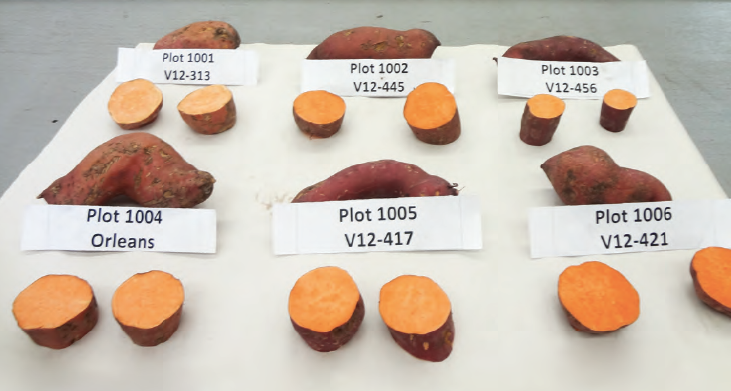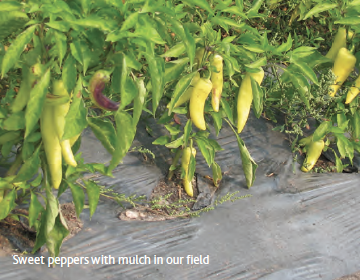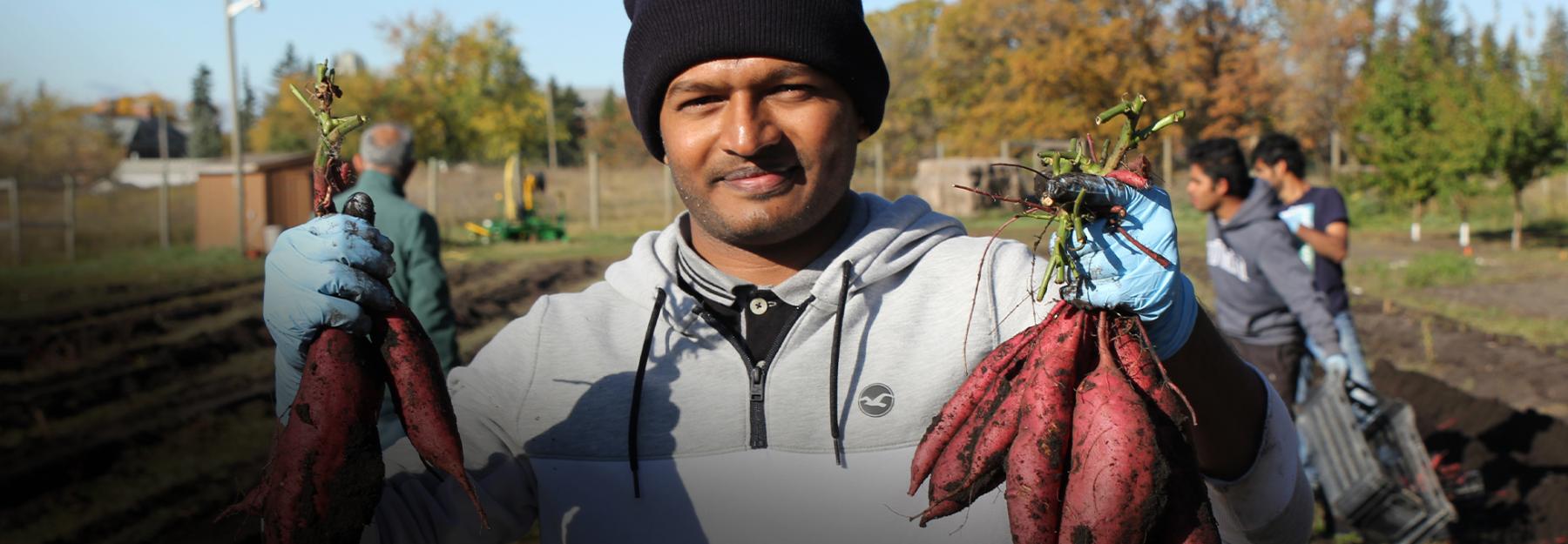Field to Fork
Field to Fork is a collection of Assiniboine College initiatives dedicated to strengthening the local food chain through education, research and outreach. We work passionately to increase food security, and that helps build stronger communities.

Locally-grown food is as close to home as it gets for some students at Assiniboine College. At the college’s North Hill campus in Brandon, they can stroll over to the 3.2-acre plot or 2,800 square foot sustainable greenhouse to check out what’s growing, even in the coldest winter months. Many of the fruits, veggies, herbs and sprouts will make their way to a dinner plate, but not before being part of exceptional learning opportunities along the way.
Through a combination of education, research and outreach, Assiniboine is finding new ways to improve food security at various socio-economic levels and do its part to help build healthier and stronger communities—an approach the college has dubbed ‘field to fork’. That’s an ambitious goal, but the concept has already taken root in the curriculum for students in horticulture and hospitality programs.
Faculty and their students in the college's Horticultural Production and Sustainable Food Systems programs investigate energy use and productivity inside different types of greenhouse models, use fertilizers to extend the shelf life of onions, and determine best practices in composting and compost use in various food production systems.
Their findings are published and presented at workshops and seminars, providing valuable information and guidelines for other growers. These will soon be extended to include northern Manitoba communities where there are more limitations on the growing season. This information helps to strengthen food security, allowing farmers and gardeners to have more control over the crops they grow and better understand environmental variables and the effects they have on crop production.
Potatoes are big business in Manitoba; according to a 2018 report by Statistics Canada, the province has the second highest land coverage of the crop next to Prince Edward Island. In recent years, Manitoba potato growers have turned their attention to sweet potatoes , which have high nutritional value and growing consumer demand. While the sweet potato is only distantly related to a regular russet potato, there are similarities between the two including their benefits in crop rotation and the production practices used.
Dr. Sajjad Rao is leading a multi-year project that will examine varieties of sweet potatoes to grow on the Prairies. Currently, there are ten kinds being studied inside Assiniboine’s sustainable greenhouse. By 2016 he hopes to be partnering with a local farmer, growing the crop on their farm.
Applied research projects like these provide students in the Horticultural Production and Sustainable Food Systems programs with hands-on experience in research methods and help deepen their understanding of food security and sustainability.
But the payoff doesn’t end with the growing season. When harvest rolls around, the local community gets to enjoy the fruits of the students’ labour. Assiniboine hosts a number of food and beverage events throughout the year, and tickets to these events sell out in a matter of hours.
Harvested foods make their way to the kitchen where Culinary Arts students and their instructors turn them into spectacular dishes. Each fall they have fresh ingredients like tomatoes, baby greens, sweet corn, fennel, onions and beans. What they can’t use right away is canned and preserved, allowing them to extend the nutrition and flavour over the winter months for other events. Hotel and Restaurant Management students pair dishes with the perfect beers and wines, heightening the overall experience for patrons.
The college is committed to developing their field to fork approach even more in the future, creating new learning opportunities for students, and continuing to build stronger ties with the larger community.
Sweet research
The sweet potato is a delicious root vegetable native to Central and South America. In recent years, there has been an increased interest in growing this crop in Canada, largely because of its nutritional value.
Assiniboine instructor Sajjad Rao has embarked on a multi-year research project that will examine the best varieties of sweet potatoes to grow in Manitoba’s dynamic climate. He plans to develop guidelines to help vegetable growers and gardeners produce this crop under the right conditions and to identify efficient, affordable ways to produce them commercially.
Sajjad’s field to fork research will also provide enhanced education for students in the college’s Horticultural Production, Sustainable Food Systems and Agribusiness programs. Horticultural students work alongside him on the research project, involving vegetable producers and local companies.
Now that’s research you can sink your teeth into!

Manitoba Agriculture, Food and Rural Development (MAFRD) projects

Research on behalf of MAFRD continues as the second summer growing season is now complete.
- Snap beans – planting and harvesting data is being collected as planting dates versus crop yield are compared.
- Sweet peppers – effects of weed control on sweet pepper harvest is being analysed. Hand weeding versus mulch is the area of study.
- New research project – early maturing tomato varieties for the Manitoba climate are being tested.

